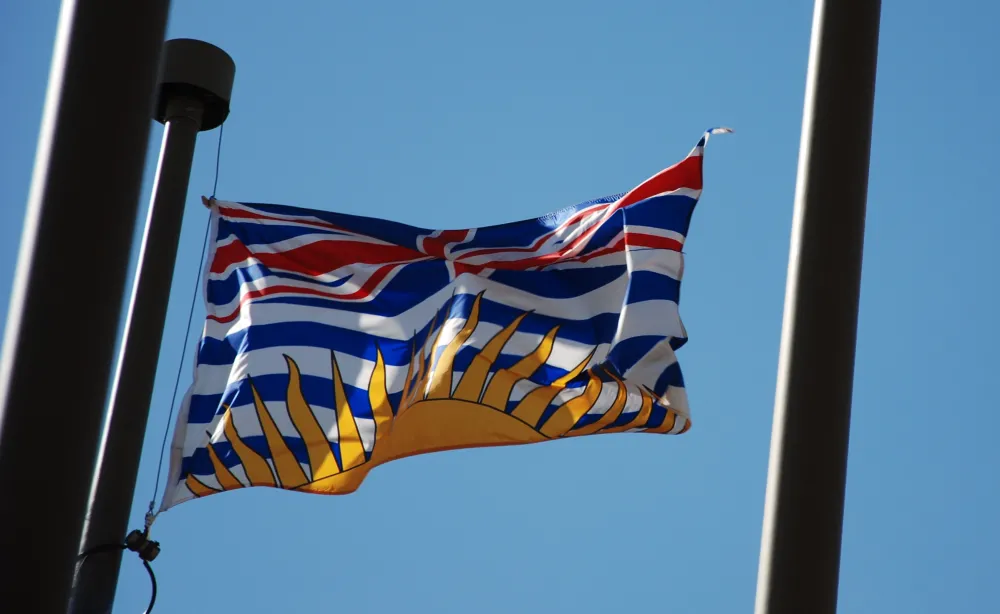In May, the B.C. government released initial information on agreements they intended to sign with liquefied natural gas (LNG) developers to prevent future governments from changing specific environmental and taxation policies. We blogged about the agreements at the time, asking several questions about how they could restrict the province’s ability to strengthen its climate change policies.
Three key questions
Earlier this week, the province made public the agreement for the Pacific Northwest LNG project, which Petronas is attempting to develop on Lelu Island near Prince Rupert in northwest B.C. Now that the agreement is public, we can revisit our questions.
1. Would B.C. have to compensate Petronas if the province decided to improve the Greenhouse Gas Industrial Reporting and Control Act that was implemented last fall?
It appears that the province would trigger compensation if it strengthened the Greenhouse Gas Industrial Reporting and Control Act. For example, if the province wanted to require Petronas to use more renewable energy, they could have to compensate them for the costs. Or if B.C. wanted to improve the rules for carbon offsets, or limit their use, they could owe Petronas compensation.
Beyond the regulatory components of the act, the agreement also appears to lock in the LNG incentive program. This program provides a subsidy to LNG projects that have come close to, but failed to meet, the performance standard specified in the act. The Pacific Northwest LNG project is expected to miss the performance standard by 0.06 tonnes of carbon pollution per tonne of LNG produced, so this subsidy could amount to $411 million over the course of the 25-year agreement.
2. Are there ways that compensation could be triggered if the province relies on economy-wide climate policies like the carbon tax?
According to the agreement, the province appears to be preserving their ability to increase or broaden the carbon tax, as long as the application of the policy doesn’t single out LNG terminals. However, they are also eliminating the option of focusing a future phase of the carbon tax on LNG terminals.
3. Would other approaches to improving environmental performance, such as requiring LNG terminals to use more renewable energy or mandating them to inspect for methane leaks more frequently, trigger compensation?
An area of ambiguity in the agreement is whether it would limit the province’s ability to implement other climate policy that applies exclusively to LNG terminals. For example, B.C. might be on the hook for compensation if it required LNG operators to purchase a percentage of their energy needs from renewable sources.
If the Pacific Northwest LNG project is developed, the agreement doesn’t eliminate all of the options to improve climate change policies — but it significantly limits them and locks in a new subsidy for fossil fuels.
At a time when the scale of our climate challenge is becoming increasingly clear, governments should be keeping policy options on the table and continuing to phase out fossil fuel subsidies. With the Petronas agreement, however, B.C. is doing the opposite.
The Pembina Institute has also published a short backgrounder with more information on the Pacific Northwest LNG project and the development agreement with the province.








